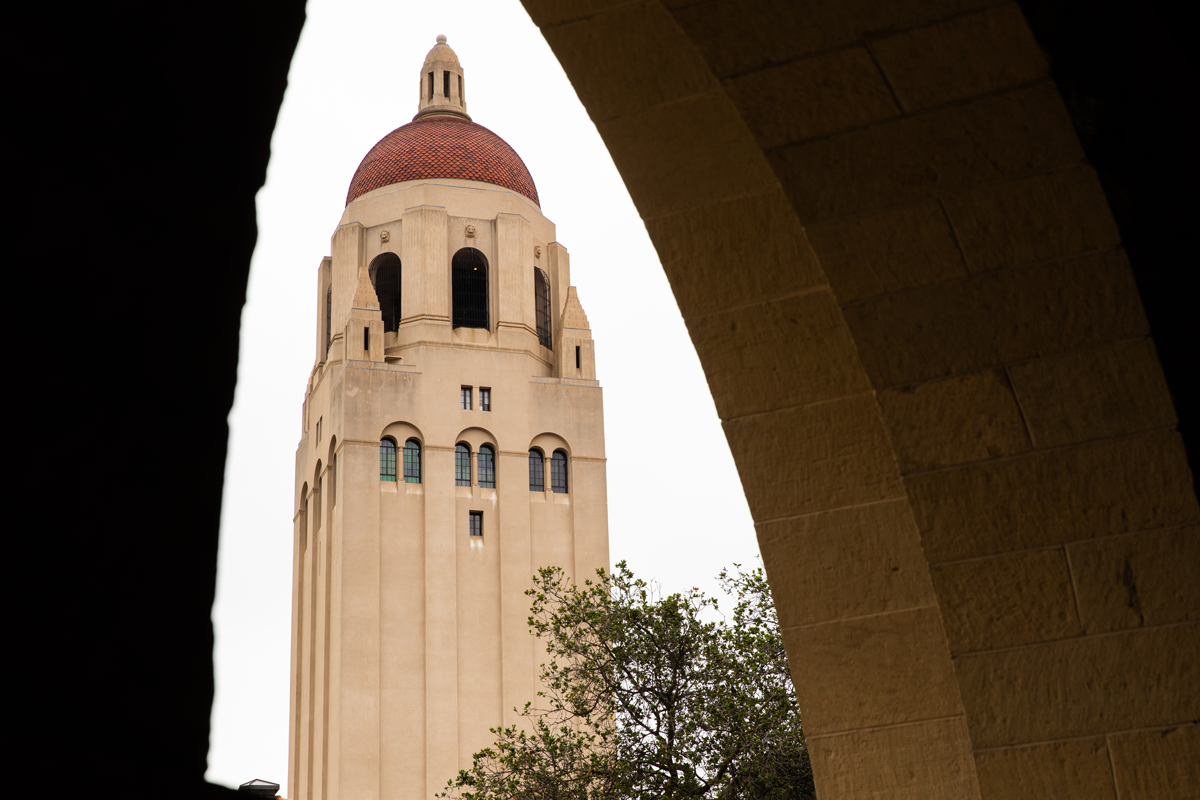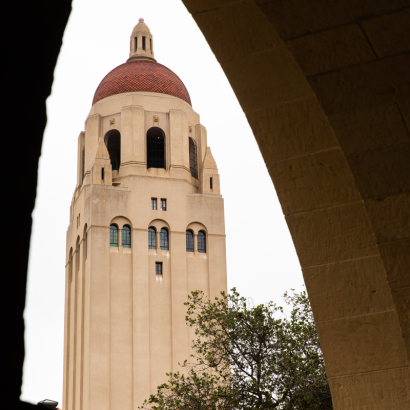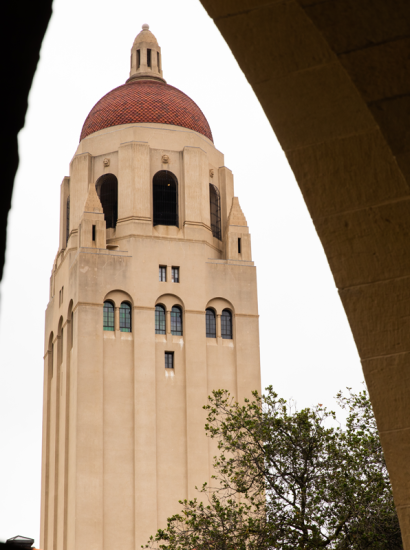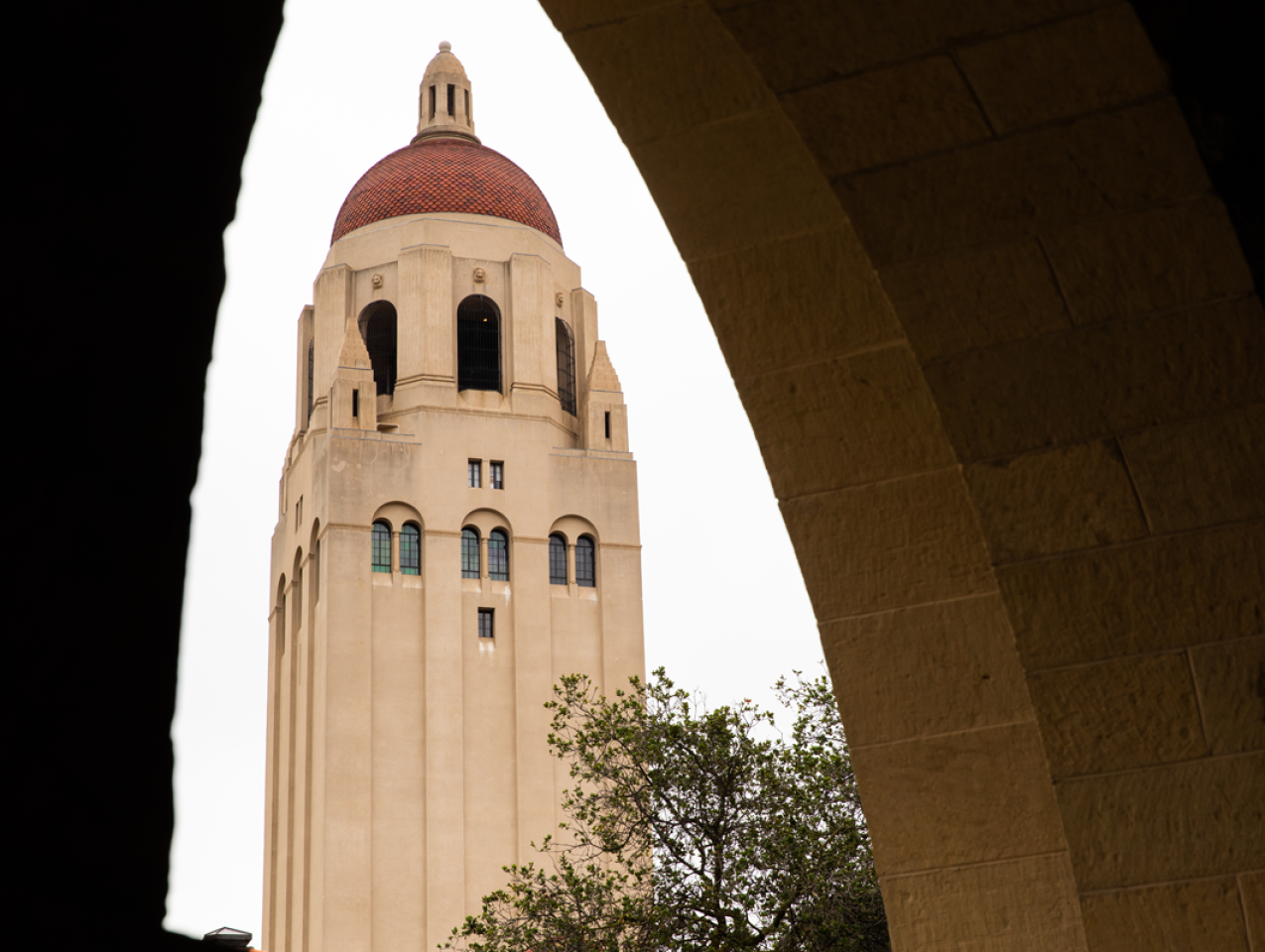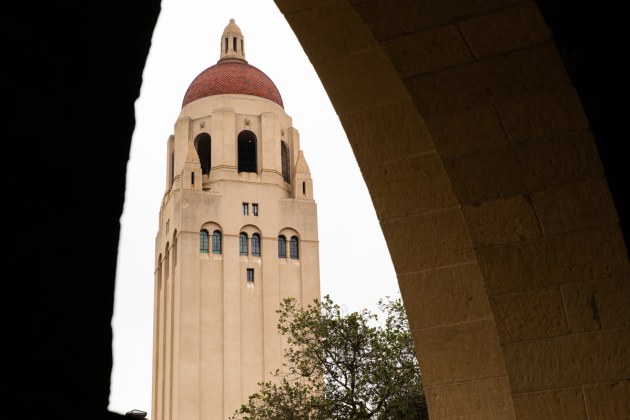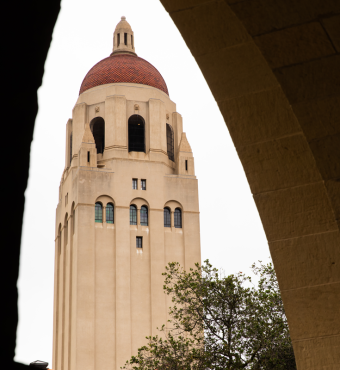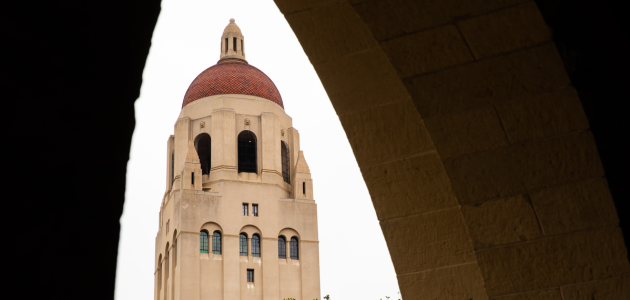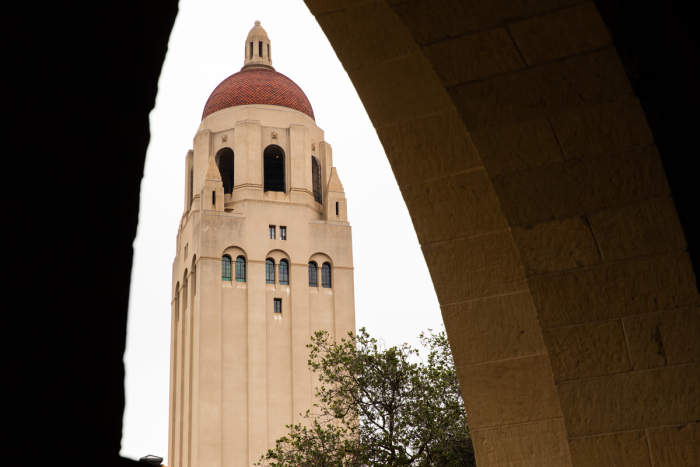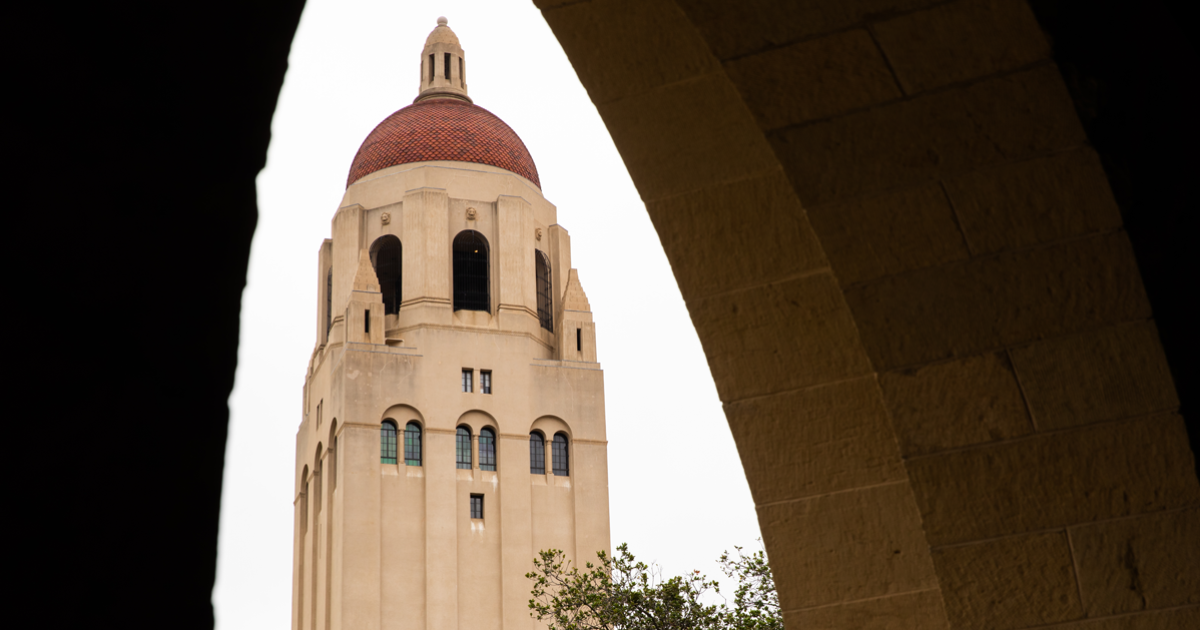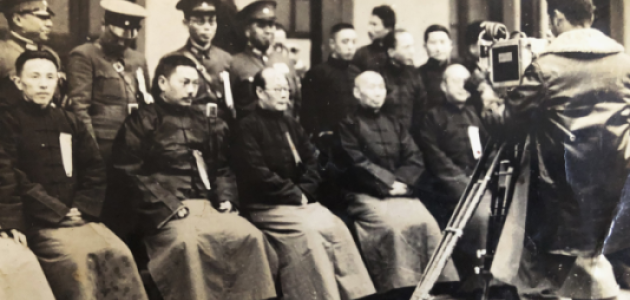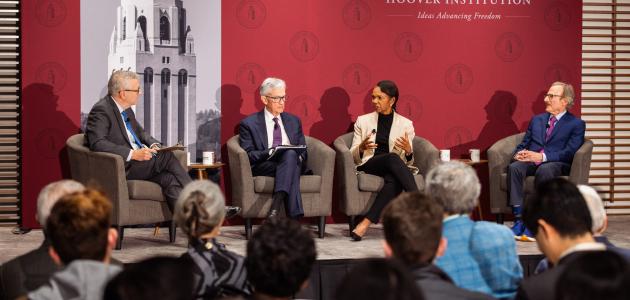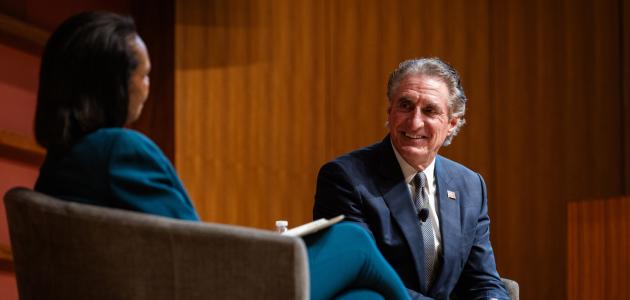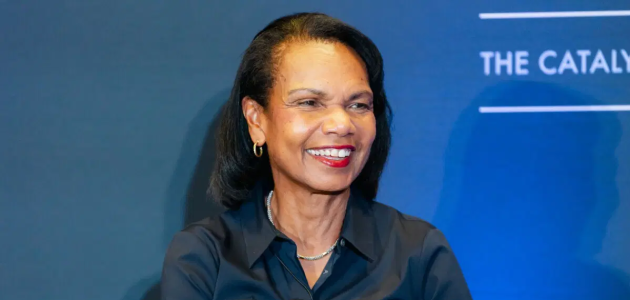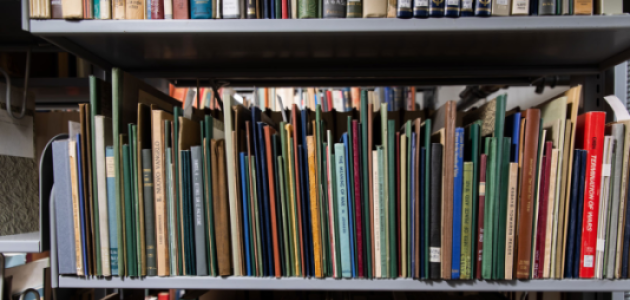Hoover Institution (Stanford, CA) — The Hoover Institution proudly welcomes a new cohort of national security affairs fellows (NSAFs) to Stanford for the 2024–25 academic year.
The distinguished group includes ten fellows who are high-ranking officers representing US military branches, the US Foreign Service, the Federal Bureau of Investigation (FBI), and the Central Intelligence Agency (CIA). They have each taken a sabbatical from their operational duties to spend the academic year at Hoover and pursue independent research.
In addition to conducting research, the NSAFs are also expected to provide mentorship to three or four of Stanford University’s top undergraduate students interested in international policy and security studies. For NSAFs, their mentorship offers a way to engage in life at Stanford University. For students, it’s the chance of a lifetime to receive leadership training from professionals at the top of their field.
Below are biographies of members of the 2024–25 class:
Lt. Col. Melinda J. Acuña (US Army) is a logistics officer who has served in variety of assignments in the United States, Europe, the Middle East, and the Indo-Pacific. She has also deployed to Iraq multiple times. Her most recent command was with the 53rd Transportation Battalion in Joint Base Lewis-McChord, Washington, from 2022 to 2024. There she was responsible for providing transportation and movement control support to multiple combatant commands, including the Indo-Pacific, Central, and European Commands.
Fidel Cortes (CIA) has served as a military analyst since 2010, covering Asian and Middle Eastern defense and security issues. He has provided numerous written assessments and briefings for a range of civilian and military audiences. Before joining the CIA, Cortes served in the US Marine Corps from 2001 to 2005.
Lt. Col. Marquay Edmondson (US Space Force) is a career intelligence officer with extensive experience in military and intelligence community operations, data science, air defense, and aerospace/space operations in both the US Army and the US Space Force. Edmondson served on multiple deployments to Afghanistan as a Brigade S2/G2 advisor on a security force advisory team and managed NATO’s network intelligence support to joint targeting systems in theater.
Lt. Col. Thomas N. Garner (US Army) previously served as the operations officer, G3, for the First Armored Division and Fort Bliss, Texas. Commissioned as an armor officer in 2004, he has also served in leadership and staff positions, including as tank platoon leader and combined arms battalion commander, with deployments to Iraq, Afghanistan, and the Republic of Korea.
Stephen P. Goldrup (US State Department) serves as policy advisor to Major General Jay M. Bargeron, US Indo-Pacific Command’s director of strategic planning and policy. Goldrup previously led the State Department's Regional China Officers program from its launch in July 2019 through July 2022. In previous tours, he served as deputy director of the Bureau of Intelligence and Research’s Office of Analysis for Terrorism, Narcotics, and Crime and in diplomatic assignments in New Delhi, London, Baghdad, Beijing, Johannesburg, and Amman.
Col. Jerome P. Greco (US Marine Corps) is a career infantry officer. Outside of the Fleet Marine Forces, he has served as a Middle East foreign area officer, a policy advisor at Headquarters Marine Corps, a foreign security force advisor in the United Arab Emirates, and commanding officer of Marine Corps recruiting for the upper Midwest.
Special Agent Nelson Layfield (FBI) has conducted counterespionage and counterintelligence investigations, as well as public corruption and civil rights violations. He currently serves on the Counterintelligence Task Force, where he works to increase awareness and thwart instances of transnational repression and malign foreign influence. Layfield is additionally a certified crisis negotiator for the FBI and a lieutenant commander in the US Navy Reserve.
Cmdr. Justin M. Matejka (US Coast Guard) is an afloat officer who has conducted search-and-rescue, counterdrug, maritime migrant interdiction, and defense operations across the Western and Eastern Hemispheres over a nineteen-year career. He recently served as the Coast Guard’s liaison to the US Senate.
Lt. Col. Daniel B. “Plato” Morabito (US Air Force) is a cyberspace operations officer with a background in network operations, cybersecurity, operational planning, strategy, and information warfare. He has served in various roles including command of the 834th Cyberspace Operations Squadron, where he oversaw three cyber protection teams, and director of the Commander’s Action Group at 16th Air Force, where he provided executive support to the senior leadership of the air force’s only information warfare numbered air force.
Lt. Cmdr. John Zhang Li (US Navy), a surface warfare officer by training, has served as a chief engineer, antisubmarine warfare officer, and electronic warfare officer. He has been deployed on multiple ship classes including amphibious command ship, guided missile destroyer, and littoral combat ship. He has participated in operations across US Indo-Pacific Command, Central Command, and European Command.
The Robert and Marion Oster National Security Affairs Fellows (NSAF) Program began in 1969 and has remained a vital part of the Hoover Institution. The NSAF program offers representatives of the armed forces and civilian agencies engaged in diplomacy, intelligence, and national security affairs the opportunity to conduct independent research on topics relevant to their respective roles in government. Admission to the program is based on direct nominations from each governmental branch.
More than two hundred military and intelligence officers have now passed through the program, including current senior fellow and former White House national security advisor H.R. McMaster.







